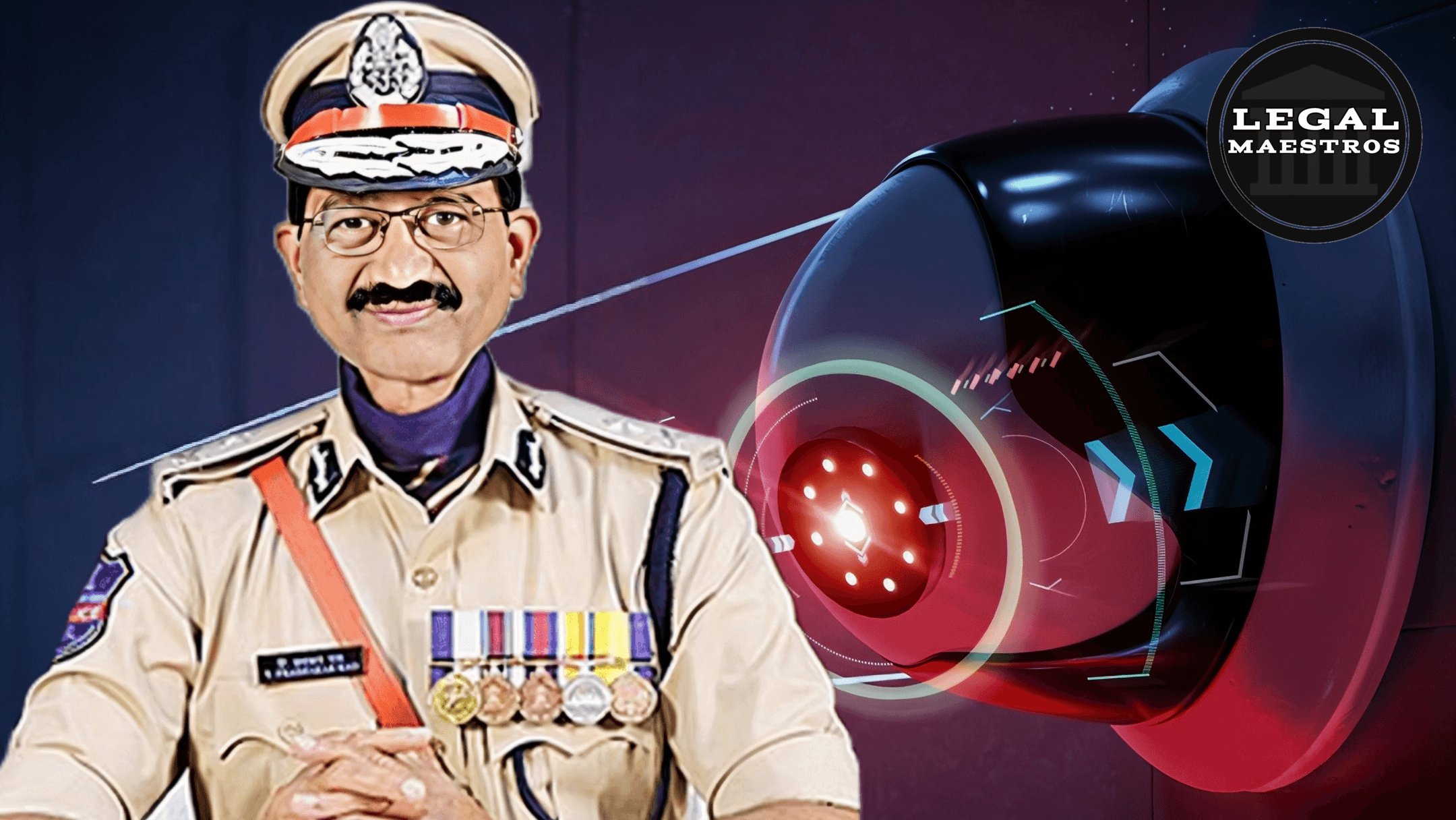
A lot of attention was paid to the questioning of the former SIB chief.
T. Prabhakar Rao, the former chief of Telangana’s Special Intelligence Bureau (SIB), went to Hyderabad’s Jubilee Hills police station on June 14, 2025, for his third interview by a Special Investigation Team (SIT). Rao was under a lot of pressure because some said he set up an unlawful network to tap phones and spy on opposition leaders before the 2023 assembly elections.
Where the Alleged Surveillance Scheme Came From
They say that Rao led the creation of a Special Operations Team (SOT) in 2018 to intercept communications. This team is reported to have created over 300 bogus profiles to monitor politicians, journalists, judges and business people, rather than focus on its formal SIB duties such as anti-naxalite operations. Evidence exists to reveal that it was under constant surveillance in the six months leading to the elections.
Missing hard drives and destroying evidence
Not long after Rao quit after the 2023 election results, a number of SIB hard drives went missing. The SIT’s investigation found that suspended DSP D. Praneeth Rao threw away and destroyed many hard drives in the Musi River on the orders of Prabhakar Rao. Some disks were eventually found and analyzed by forensic experts, but important data pieces are still missing.
For any queries or to publish an article or post or advertisement on our platform, do call at +91 6377460764 or email us at contact@legalmaestros.com.
Conflicting Stories and Denials
During questioning, Rao admitted to setting up the SOT but denied having any orders to do political spying. He told investigators that if they said he ordered illegal monitoring or the destruction of evidence, they should provide him written instructions. Rao said that a “Review Committee” of high-ranking officials approved all of the actions, making the case seem like a politically motivated vengeance.
Forensic Evidence and Leads for Investigation
Reports from the Forensic Science Laboratory, which the SIT just got, verified that the hard drives that were found included parts of intercepted call records and information that were consistent with large-scale phone tapping. Investigators have also taken private servers and leased lines that were rented under fake names. This suggests that there is a complex system in place to hide government participation. These results support the upcoming allegations of criminal conspiracy and breaking the Aircraft Act’s rules against intercepting communications.
Legal Framework and Possible Charges
India’s Telegraph Act and Information Technology Act make it a major crime to intercept conversations without permission. People who do this may go to jail and pay penalties. Lawyers think that Prabhakar Rao and his collaborators might be charged with crimes including conspiring, destroying evidence, and breaking privacy rights. The SIT is also looking at the possibility of contempt charges against anyone who are getting in the way of the probe.
For any queries or to publish an article or post or advertisement on our platform, do call at +91 6377460764 or email us at contact@legalmaestros.com.
Wider Effects on Intelligence Oversight
This controversy shows how weak India’s intelligence system is as a whole. Critics say that not enough checks on high-ranking cops, together with political pressure, make it possible to abuse surveillance equipment. There have been further calls for changes to the law to create stronger independent oversight committees, require audit trails for wiretap permissions, and provide whistleblowers more protection for speaking out against wrongdoing inside the organization.
Political Effects and Trust in the Public
With accusations flying about, politicians from both parties are feeling the heat to stay out of the situation. Civil liberties organizations are calling for more openness, and public trust in law enforcement and intelligence services has gone down. More and more people are calling on the government to set up a judicial committee to look into systemic breaches and suggest ways to hold top intelligence personnel accountable.
What happens next in the investigation
The SIT has asked more people to testify, including former SIB officers and technical specialists who worked on server maintenance. Plans are being made to get Prabhakar Rao and Praneeth Rao together to settle their differences in their testimony. The SIT is looking for full disclosure of the monitoring network’s extent, and a formal charge sheet is likely in the next several months.
For any queries or to publish an article or post or advertisement on our platform, do call at +91 6377460764 or email us at contact@legalmaestros.com.
Responsibility and Change
The interrogation of T. Prabhakar Rao is a milestone in the way that India has been dealing with the intelligence administration. The case demonstrates that there is an immediate necessity of powerful legal safeguards to prevent the abuse of surveillance power despite the fault of involved people. The protection of evidence and the need to strengthen accountability of the ministers and bureaucrats will play the very crucial role in restoring the faith of people and the maintenance of the democratic practices.




![Research Assistantship @ Sahibnoor Singh Sindhu, [Remote; Stipend of Rs. 7.5k; Dec 2025 & Jan 2026]: Apply by Nov 14, 2025!](https://legalmaestros.com/wp-content/uploads/2025/11/Gemini_Generated_Image_s0k4u6s0k4u6s0k4-768x707.png)
![Karanjawala & Co Hiring Freshers for Legal Counsel [Immediate Joining; Full Time Position in Delhi]: Apply Now!](https://legalmaestros.com/wp-content/uploads/2025/11/Gemini_Generated_Image_52f8mg52f8mg52f8-768x711.png)